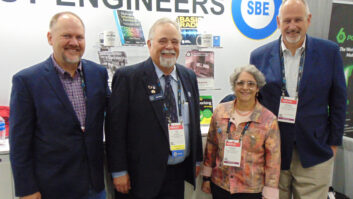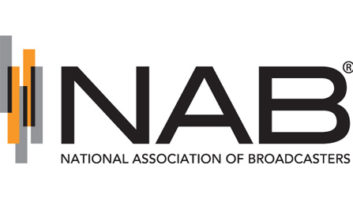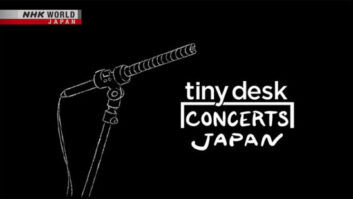Radio World’s “Guest Commentaries” section provides a platform for industry thought leaders and other readers to share their perspective on radio news, technological trends and more. If you’d like to contribute a commentary, or reply to an already published piece, send a submission to [email protected].
In the ideal world, every scenario can be anticipated and preparation can be made. This is not a realistic expectation, but some preparation is realistic. Welcome to the thorny world of contracts for consulting engineers.
Out here in “fly-over” country there are thousands of people with varying experience who are relied upon to keep small radio stations and various repeaters, translators and full-power stations on the air.
Some of us work only occasionally for a station or two while others have such work as their only income. Without us, the full-time corporate engineers might have to spend hours or days driving to a remote site just to reboot a system or reset a circuit breaker.
The question is, how can a legal, practical contract be established between the large station groups and the engineers when any given scenario may arise or may be unique? This is the challenge that at least one large station group is attempting.
In one multi-page contract they are trying to address the following issues:
- Requiring the contract engineer to not disclose proprietary information
- If the engineer develops any new solutions or improvements, they are intellectual property of the station group
- Insurance coverage — liability, etc., are to be the responsibility of the engineer
- Limits on what the local engineer can spend to get the station back on the air without the approval of the station group
These ideas are logical for full-time employees. But what about someone who works with multiple stations and groups? There is no upside for sharing any information between clients so that expectation is logical. The difficulty begins with some of the other clauses.
Engineers may develop ideas outside of the realm of any one project. To sign a contract that states that any innovation belongs to one of the employers is probably going to be a non-starter.
Insurance is a necessary part of being a consultant in any field. If a station group has a specific expectation, they should be providing that insurance.
If a consultant is only doing occasional work to support a client, they cannot be expected to cover the cost. The cost would have to be recovered by the engineer in increased fees, and the station group will be tasked with approving an endless list of insurance policies from the various engineers. Spending limits are a good suggestion.
The question is, what is it worth to be off the air for an extra day or two because the local contract engineer could not get approval for necessary repairs? Another consideration being potential added expense for extra time and trips caused by the delay in purchasing. If there is a hole in the roof of the transmitter building, shouldn’t it be possible to get it fixed without permission?
I do not envy the legal minds who are attempting to refine such a contract. I am sure there are many other issues that should be included in such a contract to cover more scenarios. Where does it become impractical to try and anticipate every scenario?












